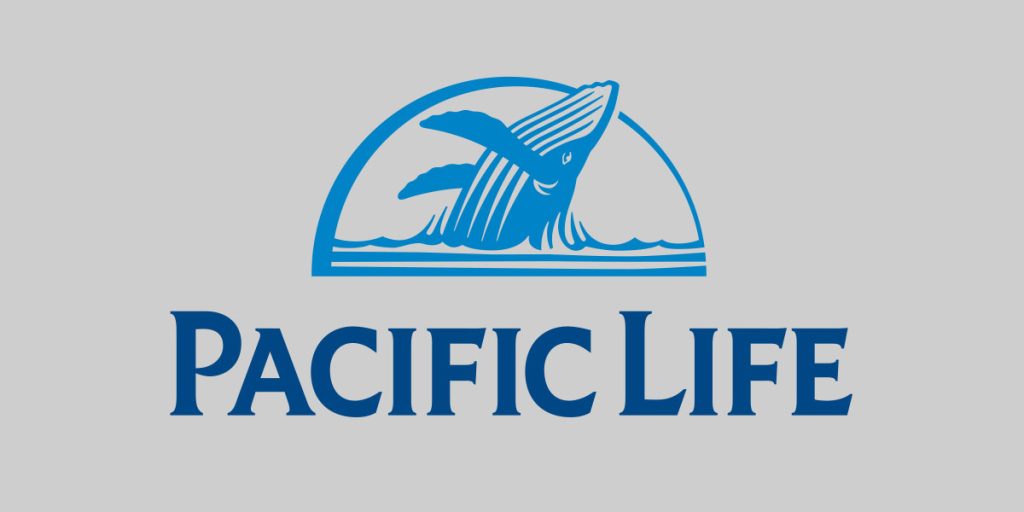What is Final Expense Insurance?
Final expense insurance, also known as burial insurance or funeral insurance, is a type of whole life insurance policy designed to cover expenses related to end-of-life costs. These costs can include funeral expenses, burial fees, medical bills, or remaining debts. Unlike traditional life insurance policies, final expense policies are often easier to qualify for and provide peace of mind to families during emotionally difficult times.
Why is Final Expense Insurance Important?
Covers End-of-Life Costs: The average funeral in the U.S. can cost anywhere from $8,000 to $12,000, depending on burial preferences. A final expense policy ensures that your loved ones are not burdened with these sudden expenses.
Guaranteed Payout: As long as you pay your premiums, your beneficiaries are guaranteed to receive the death benefit.
Simple and Affordable: Compared to other types of life insurance, final expense policies have lower coverage amounts and affordable monthly premiums.
Benefits of a Final Expense Policy
No Medical Exam Required: Most final expense policies offer simple approval without invasive medical exams, making them ideal for seniors or those with pre-existing conditions.
Fixed Premiums: Premium rates do not increase over time, allowing for predictable and budget-friendly payments.
Quick Payout: Beneficiaries often receive payouts faster than traditional life insurance, covering immediate expenses.
What Does a Final Expense Policy Cover?
Final expense insurance is designed to cover:
Funeral Service Costs: Including casket, service fees, flowers, and transportation.
Burial or Cremation Fees: Depending on your final wishes.
Medical Expenses: Any remaining bills related to hospice care or end-of-life medical treatments.
Outstanding Debts: Small debts or credit card balances.
How Much Final Expense Coverage Do You Need?
When selecting a policy, it’s essential to consider:
Funeral Preferences: Do you prefer a traditional burial, cremation, or memorial service?
Average Funeral Costs in Your Area: Prices can vary significantly by region.
Additional Expenses: Factor in unpaid medical bills, credit card balances, and any other outstanding debts.
For example:
Traditional Burial Costs: $10,000+
Cremation Costs: $3,000 to $6,000
Who Should Consider a Final Expense Policy?
Seniors Aged 50+: Many seniors opt for final expense policies due to their affordable premiums and easy approval process.
Those with No Life Insurance: If you do not already have a life insurance policy or need additional coverage, this policy is a great option.
Individuals with Health Conditions: Since final expense policies typically have no medical exam requirement, they are accessible to individuals with health issues.
Types of Final Expense Policies
There are two main types of final expense insurance:
Guaranteed Issue Life Insurance
No medical questions or exams required.
Higher premiums due to limited underwriting.
Suitable for individuals with severe health issues.
Simplified Issue Life Insurance
Requires a short health questionnaire but no medical exam.
Lower premiums than guaranteed issue policies.
How to Choose the Best Final Expense Insurance Policy
Compare Policy Providers: Review top insurance companies to find competitive rates.
Check for Fixed Premiums: Ensure your premium won’t increase with age.
Understand the Waiting Period: Some policies have a 2-year waiting period before full benefits are paid.
Look for No-Lapse Guarantees: Avoid policies that can lapse if you miss a single payment.
Top Final Expense Insurance Companies
When choosing the best policy, consider reputable companies known for:
Affordable monthly premiums.
Fast payout timelines.
Excellent customer service and claims process.
Final Expense Policy FAQ
1. What is the average cost of a final expense policy?
Premiums vary based on age, health, and coverage amount, but typical plans range from $30 to $80 per month for $10,000 in coverage.
2. Can I have more than one final expense policy?
Yes, but it’s important to ensure you don’t exceed your needs and budget when stacking multiple policies.
3. Will my policy cover medical debt?
Yes, your beneficiaries can use the payout for medical expenses, funeral costs, or any other debts.

















